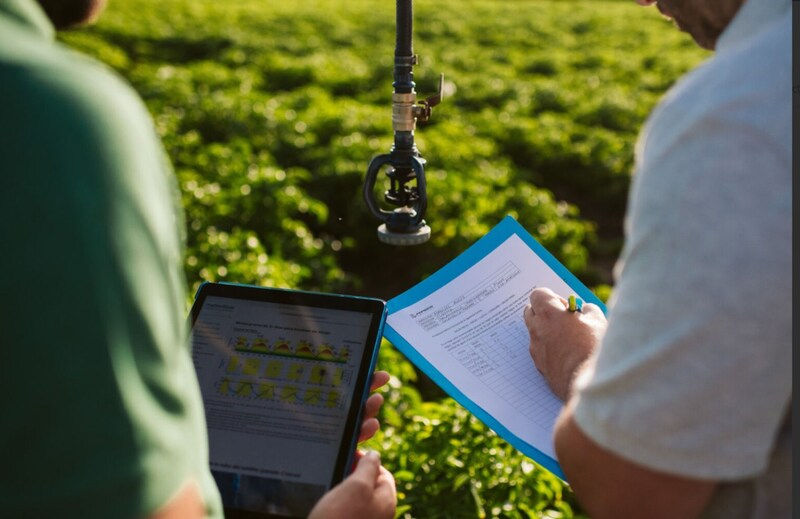The latest news, trends, analysis, interviews and podcasts from the global food and beverage industry
PepsiCo and Unilever, alongside other key players in the retail and food and beverage sectors, have unveiled the 'STEP Up for Agriculture' initiative.
This collaboration aims to enhance regenerative farming practices through tailored support systems for farmers, reinforcing the commitment of these corporations to sustainable sourcing and resilient supply chains.
The initiative, formally known as Supporting Trusted Engagement and Partnership (STEP), seeks to empower farmer-facing organisations by providing essential tools, training and funding.
This strategic approach is designed to facilitate the adoption of sustainable agricultural practices, which are critical for addressing pressing environmental challenges such as soil degradation, biodiversity loss and climate change.
PepsiCo, which sources a diverse range of agricultural ingredients globally, has set an ambitious goal to transition 10 million acres to regenerative practices by 2030.
Jim Andrews, Chief Sustainability Officer at PepsiCo, said: "When farmers thrive, we all thrive." The initiative recognises that successful transitions to regenerative agriculture require more than just technical solutions; they depend on strong relationships and local knowledge.
The STEP Up for Agriculture initiative is not merely a corporate initiative but a multi-tiered partnership model that includes corporations, nonprofits, and farmer-led groups.
This collective action aims to create a robust ecosystem that empowers farmers and drives scalable change. Kristina Friedman, head of sustainability for Unilever North America, highlighted the initiative's potential: "STEP up for Ag' can help us move faster and smarter, empowering farmer-led groups with the tools they need".
Key components of the initiative include:
Funding and strategic support: Corporate and philanthropic partners will provide resources to enhance the capacity of farmer support organisations.
Training and development: The initiative aims to expand staffing and training to equip farmers with modern practices and tools.
Measurement and reporting: Establishing systems to track progress in sustainability efforts will be crucial for accountability and transparency.
The initiative has already begun its European expansion with a pilot programme in Spain, in collaboration with the farmer-led cooperative Garlan. This pilot will allow Garlan to design its own regenerative agriculture programme, improving access to high-quality guidance for local farmers.







